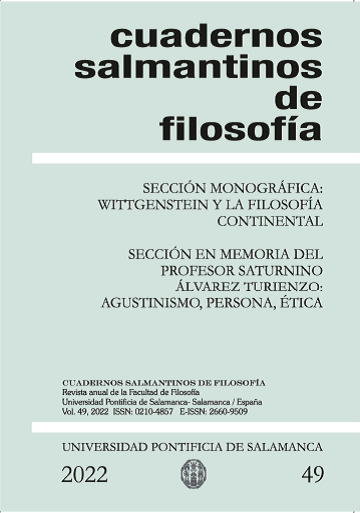Wittgensteins's critic of Laputa Alienation and meaning
Main Article Content
Wittgenstein is imposible to understand from within the metaphilosophical categories of analytic or continental - assuming that it is a good, complete and exhaustive way of reading any philosophy of the 20th century. He is, we might say, the most analytical of the continentals and the most continental of the analytical. Which only shows that it doesn't fit. I would like to present the debate in terms of Laputans/non-Laputans, which in short is a question of alienation. There are many Laputans. It is a way of formulating and answering questions that despises the particular and the ordinary. A conjunction of epistemic and ethical symptoms that clearly occur on the island of Laputa, in Gulliver's third voyage by Jonathan Swift.

